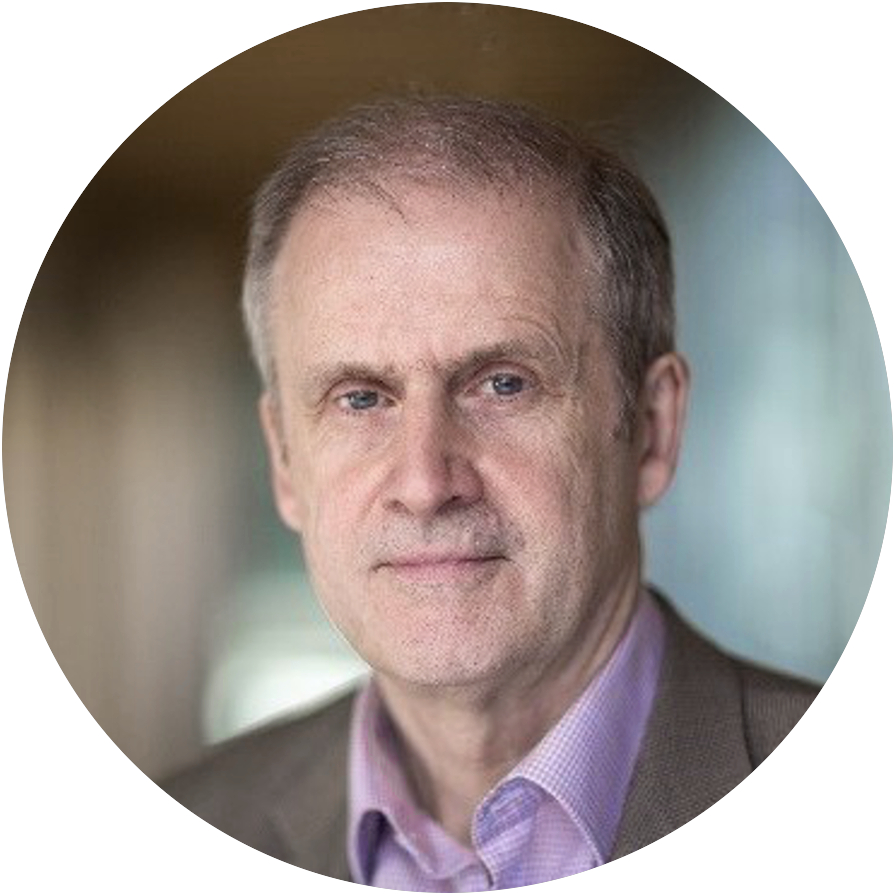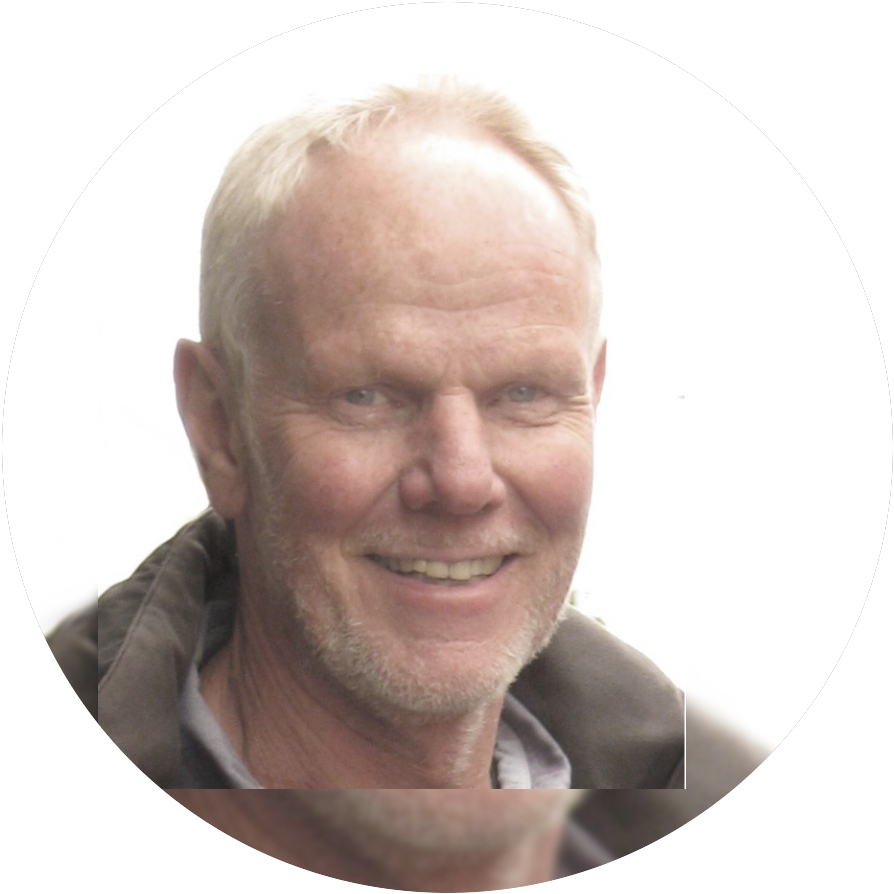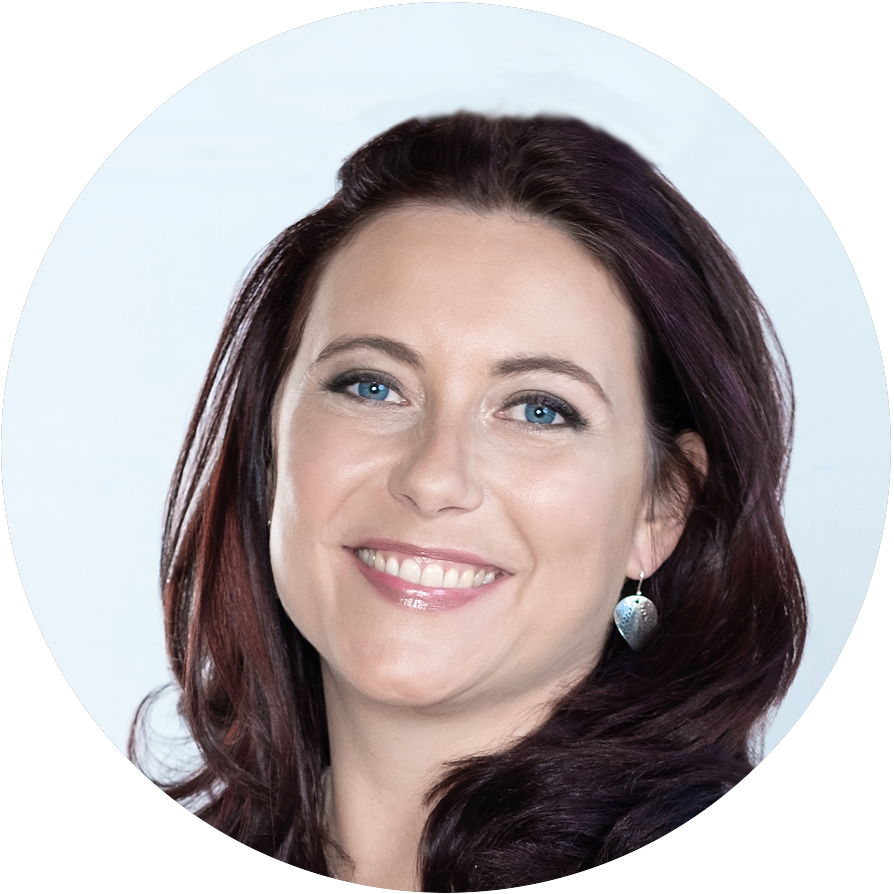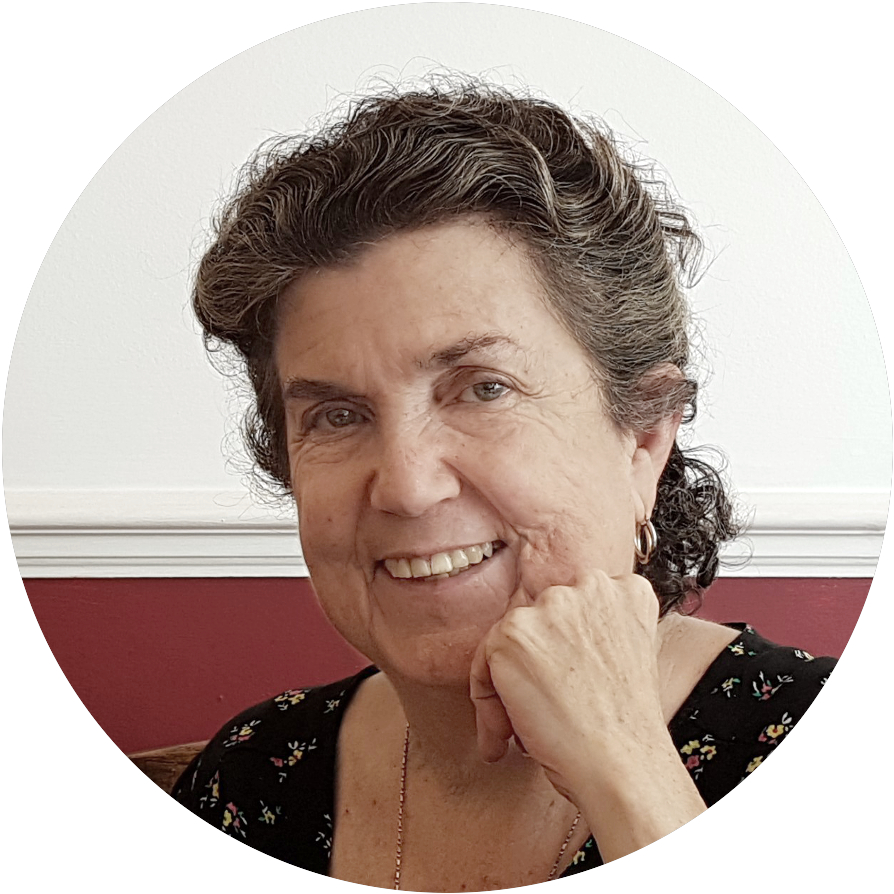🔖 PRESENTATION
Paper (parallel)
📆 DATE
Thursday 10 Sep 2020
⏰ MELBOURNE TIME
7.00 – 9.00 pm
⏰ LOCAL START TIME
time start

Mr Jon Stokes
Senior Fellow in Management Practice, Saïd Business School, Oxford University, UK
Jon is a Business Psychologist and a Chartered Clinical Psychologist of the British Psychological Society. He is a Senior Fellow in Management Practice at Said Business School and a member of St. Antony’s College, Oxford University. Jon trained and worked as a psychoanalytic psychotherapist at the Tavistock Clinic in London where he became Chair of the Adult Psychotherapy Department. He was the founding Director of the organisation consulting service Tavistock Consulting in 1993. Since 2000 he has been a Director of Stokes & Jolly Ltd, a firm specialising in leadership consulting.
Jon has over 25 years’ experience advising and coaching leaders in a wide range of companies including energy, I.T. and finance, as well as with professional service firms such as the law, accountancy, private equity, investment banking, advertising and management consulting. Up He also has extensive public sector experience. Jon has contributed to executive education programmes at the business schools of Oxford, Cambridge and Cranfield Universities. He has worked abroad in many countries including Europe, Japan, USA, and the Middle East.
Educational and Professional Affiliations: Senior Research Fellow, Oxford University Said Business School; Member of Associate Faculty, Henley Management College; former Visiting Professor, Strathclyde Business School; Founder Member, Association of Business Psychologists; Founder Member, Association for Professional Executive Coaching & Supervision, where he is an accredited Executive Coach Supervisor. Jon is a former Associate Fellow of the Institute for Government, London.
His publications include ‘The Psychodynamics of Teams’ and ‘Organisational Stress’ in ‘The Unconscious at Work’ (Routledge, 2019), ‘Why Do We Work’ in ‘Talking Cure’ (Duckworths, 1999), ‘Executive & Leadership Coaching’ in the Complete Handbook of Coaching (Sage, 2018) and ‘Using Emotion as Intelligence’ in Ed Schein et al. ‘Organizational Therapy’ (AV Publishing, Boston, 2010), ‘Defences against Anxiety in the Law’ in Social Defences against Anxiety (Karnac, 2015).
⏰ DURATION
120 minutes
Leadership for the 4th Industrial Revolution: from Ego to Eco
There is much talk about what leaders should get better at, but what do leaders themselves think leaders need to get better at? This paper will present the results of research carried out at Said Business School, Oxford University with the heads of a cross-section of organisations asking them this question. Thematic analysis identified two central themes with which they were struggling in their leadership roles:
- Being accountable for performance and results but not in control of them.
- Learning how to shape the context of the work that they and their colleagues are undertaking, rather than always acting from the front.
In dealing with this they appeared to have adapted the way they led away from the conventional leader-centred ego based heroic style towards a post-heroic eco-system based approach. Five new leadership capabilities that underlay this shift are identified:
- Shaping the conversation
- Cultivating collective intelligence
- Nudging the context
- Co-creating structures
- Capital realising participation
The paper argues that what leaders need to get better at is to devise leadership capabilities better adapted to the effects of technological change on organisations brought about by the 4th Industrial Revolution, and that these capabilities are relevant to how to re-think and reform leadership after the current pandemic.
Day(s)
:
Hour(s)
:
Minute(s)
:
Second(s)
Session schedule
5 MINS
Introduction
30 MINS
Paper presentation
15 MINS
Small group discussion; impressions of the paper and developing questions for the presenter
15 MINS
Discussion forum with the presenter; moderated for the speaker to elaborate their ideas
15 MINS
Small group activity or discussion ‘What does this paper tell us about working into the future?’
15 MINS
Discussion forum with the presenter; themes from the discussions
25 MINS
Whole Symposium across the papers reflections on the sessions




